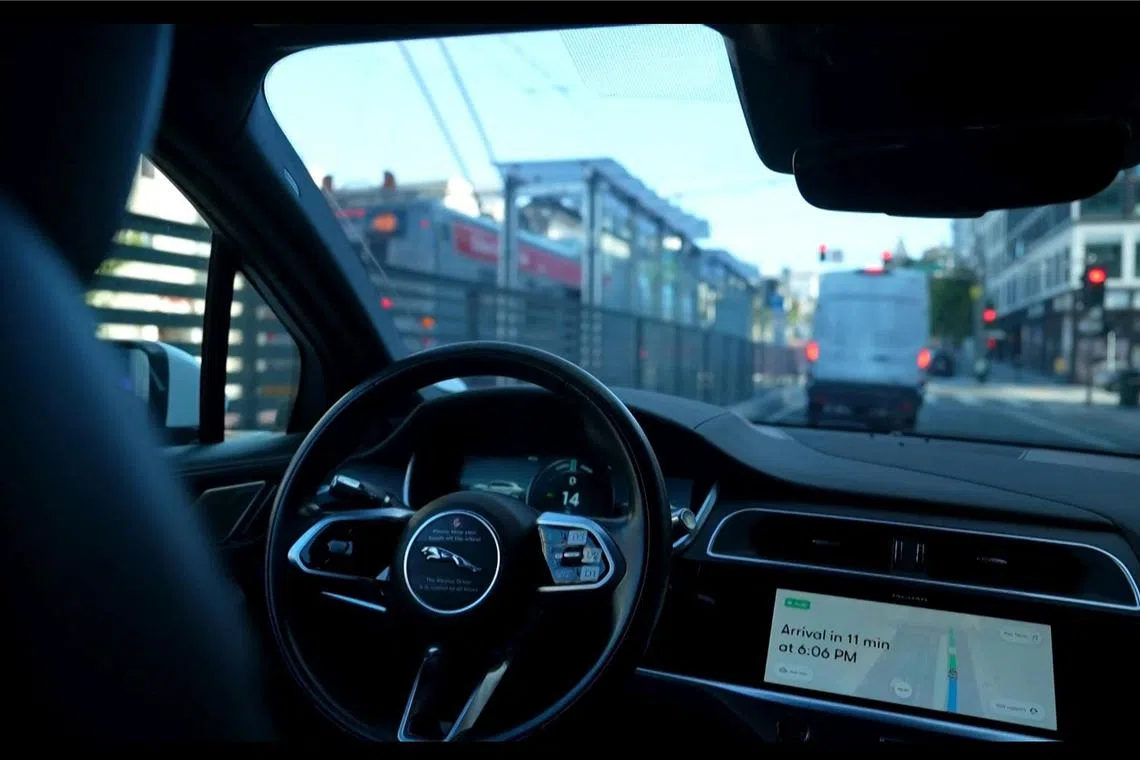Japan’s NTT plans to test driverless vehicle tech with Toyota, invest in US start-up
Sign up now: Get ST's newsletters delivered to your inbox

Japan’s Nippon Telegraph and Telephone aims to start tests with autonomous buses and taxis as early as 2025.
PHOTO: AFP
TOKYO – Japan’s Nippon Telegraph and Telephone (NTT) plans to test driverless vehicle technology with Toyota Motor and invest in a US start-up developing self-driving systems, a spokesperson for the telecommunications company said on Monday.
NTT aims to start tests with autonomous buses and taxis as early as 2025 and invest about 10 billion yen (S$90.16 million) in US start-up May Mobility, the spokesperson said, highlighting growing momentum behind self-driving technology in Japan.
The Nikkei newspaper first reported on Monday that NTT will invest in May Mobility, adding that both NTT and Toyota would jointly develop vehicles.
Both the NTT spokesperson and a Toyota spokesperson said they had no plans for joint development.
Toyota did not comment further.
May Mobility has attracted investments from Japanese companies before.
Insurer Tokio Marine said in 2022 it had joined a US$111 million (S$150 million) funding round in the Michigan-based company, while a Toyota-linked venture capital unit co-led a seed investment in the company in 2018.
NTT’s growing involvement in autonomous driving technology comes after Honda Motor said in October it aimed to set up a joint venture with General Motors and its robo-taxi firm Cruise and wanted to begin a driverless ride service in Japan in early 2026.
Cruise late that month suspended all driverless vehicle operations in the United States following an accident


